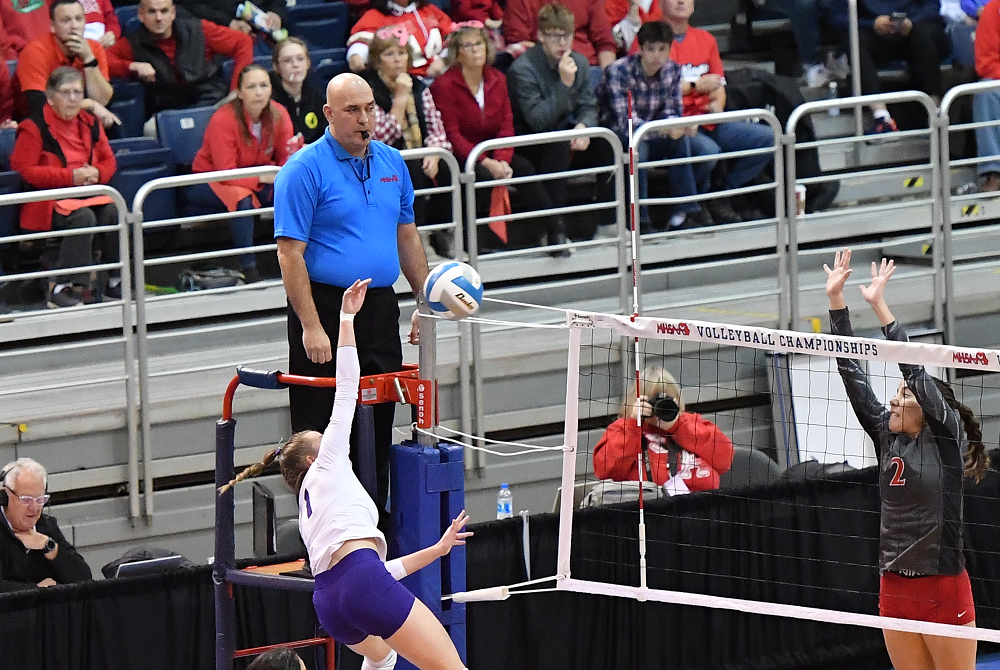
Be the Referee: Field Goals
September 24, 2014
This week, MHSAA assistant director Mark Uyl explains a rule unique to high school football – what results at our level after a missed field goal attempt.
"Be the Referee" is designed to help educate people on the rules of different sports, to help them better understand the art of officiating and to recruit officials. The segment can be heard on Mondays, Wednesdays and Fridays during the school year on The Drive With Jack Ebling on WVFN-AM, East Lansing.
Below is this week's segment - Field Goals - Listen
Today we are going to talk about one of the most unique rules to high school football, and it deals with field goals; in particular, what happens after a missed field goal.
Under high school rules, field goals are really treated just like punts. The only difference for the kicking team is that you can score three points if the ball goes through the uprights.
On a missed field goal that comes up well short, let’s say at the 5-yard line, and the ball either comes to a rest or rolls out of bounds at the 5, the new offense will take over first down and 10 at that 5-yard line. The only time the offense would take over at the 20 is if that missed field goal does break the plane of the goal line.
Never under high school rules would the team take over where the ball was kicked or originally snapped.
Past editions
Aug. 25 - Targeting - Listen
Sept. 4 - Concussions - Listen
Sept. 11 - Pass Interference - Listen
Sept 18 - Tackle Box - Listen

Be the Referee: Registration Process
By
Sam Davis
MHSAA Director of Officials
September 26, 2023
Be The Referee is a series of short messages designed to help educate people on the rules of different sports, to help them better understand the art of officiating, and to recruit officials.
Below is this week's segment – Registration Process - Listen
We talk a lot about the need for registered officials. But how do you sign up? What does it take to become a referee, umpire, or judge?
The steps are simple. Go to MHSAA.com to the “Officials” tab and identify the sport or sports you are interested in. Next, complete the MHSAA Principals of Officiating and the Officials Guidebook Exams.
The Officials Guidebook covers basic elements and procedures for becoming a sports official. This first step of the process covers playing rules, ejection protocols, game assignments, and payment of game fees.
Once you pass the exams, it’s time to connect with a locally-approved officials association. The local associations are the ones that provide the training – whether it’s on the court, on the field, on the mats, or video training – to get that person completely immersed in the rules, mechanics, and coverages of what it takes to become a good official.
Previous Editions
Sept. 20: Animal Interference - Listen
Sept. 13: Feet Rule on Soccer Throw-In - Listen
Sept. 6: Volleyball Jewelry - Listen
Aug. 30: Football Rules Similarities - Listen
Aug. 23: Football Rules Differences - Listen
(PHOTO by Gary Shook.)

